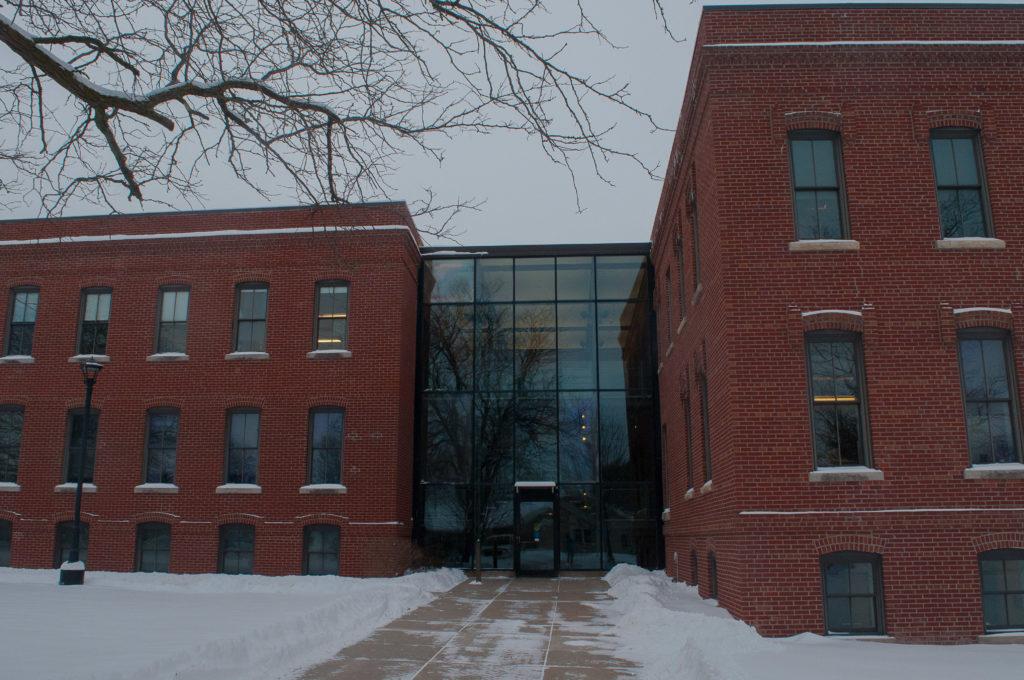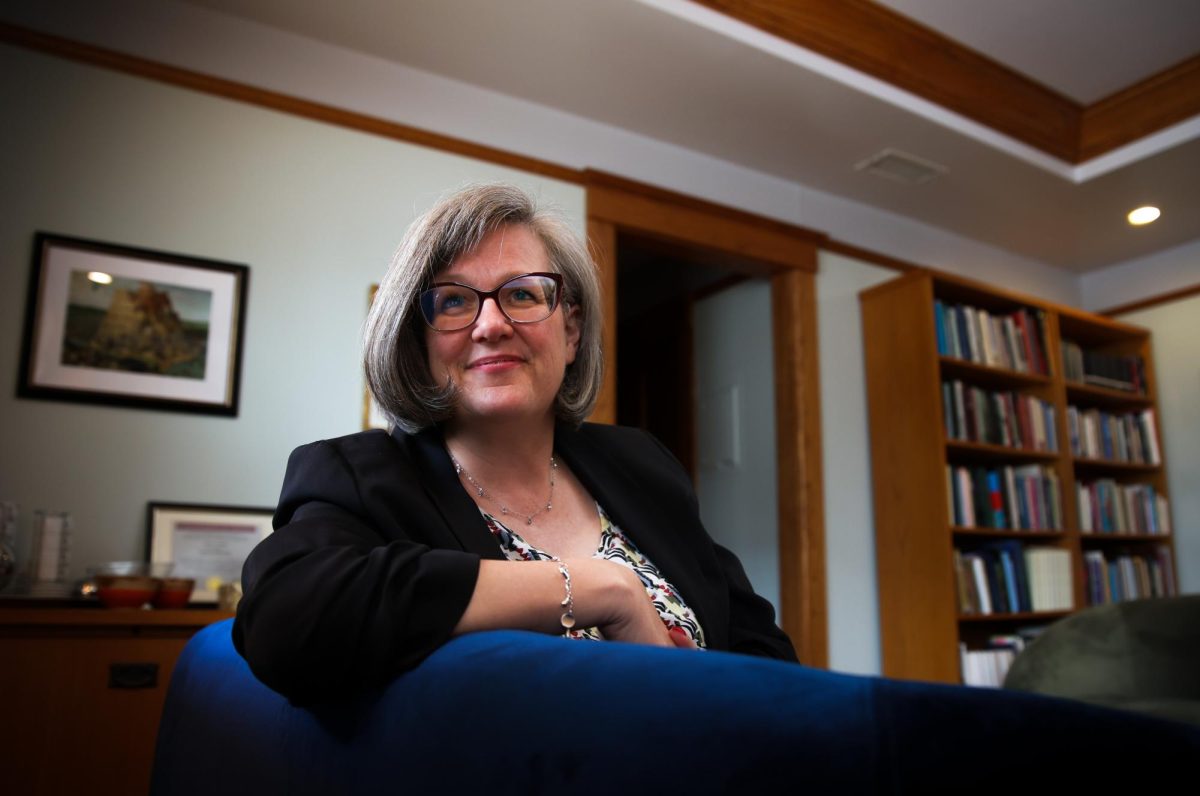At last week’s Board of Trustees meeting, members endorsed a revised version of the Gift Acceptance Policy, featuring four major changes. Two of these adjustments were included in a campus memo in December 2017 and two more revisions were incorporated into the policy more recently. The changes in part are a result of campus conversations around the question of whether the College should accept monetary donations from Pete Brownell who is the owner of the firearm store Brownells, a local philanthropist and the current president of the National Rifle Association (NRA).
The two most recent changes that have been accepted in the Gift Acceptance Policy include a new paragraph in the introduction and a revised “Guiding Principles” section. The new paragraph states that “[t]he source of funds may be a factor when determining whether Grinnell College should accept or decline a gift.” The second change is a small reworking of language that makes the “Guiding Principles” statements clearer.
Another change provides for input from the parties benefiting from donations to the College: “In cases where gift proposals would benefit a specific program, department, or unity on campus, leadership of relevant campus constituencies will be involved in proposal screening,” the policy reads.
The revised policy also stipulates that the president of the Grinnell College Alumni Council have a seat on the Gift Acceptance Committee that reviews “the appropriateness of accepting certain gifts.”
While the ad hoc Advancement Committee ultimately endorsed the changes, the Committee received plenty of outside input.
“In addition to the comments provided by the audience of the concerned alumni, a number of other resources including direct communication from folks who were interested in that topic of discussion, all of those materials were considered,” said Adam Laug, director of development.
Grinnell College has a matched donation policy that allows participating employers to match the donations of their employees; a list of the companies that have matched donations to the College is released on a yearly basis on the donor honor roll. As of now, this matched donation policy remains unchanged.
“These types of policies inevitably evolve as we sort of have a better understanding about how it might be implemented, and what the challenges are, so I’m fairly confident that we’ll continue to revisit the policy in various ways to try and make it better,” said Raynard Kington, president of the College.
Professor Eliza Willis, political science, who organized the Community Hour on the Gift Acceptance Policy, said that she is pleased that the College revised the policy to allow for the rejection of gifts, but wishes that more had been added to the revision.
“I wish the Board had shared some ideas about what procedure we should follow in reviewing gifts. I believe these details will be worked out but it would have been good to have had direction from the trustees. I wish we had more information about when the Gift Acceptance Committee will be constituted and operational. The establishment of a timeline would have been useful,” Willis wrote in an email to The S&B.
Many individuals and groups offered their advice on how to revise the Gift Acceptance Policy, and one of these groups was the Concerned Alumni. The Concerned Alumni proposed to have a seat for an alumnus on the Gift Acceptance Committee, and this was one of the accepted changes.
Alana Smart ’68, co-chair of Colorado Faith Communities United to End Gun Violence, and Chuck Connerly ’68, professor of urban planning at the University of Iowa, are part of the Concerned Alumni Group. Both Smart and Connerly feel that while these changes were a step in the right direction, more needs to be done.
“We are concerned that the suggested distinctions between personal and organizational donations will be used as a pretext to allow donations from leaders of organizations whose values are at odds with the social justice values of the college — by simply enabling them to make their donations with a personal check,” co-wrote Smart and Connerly in an email to The S&B.
The next steps in the process of continuing to improve and evaluate the policy will be the first meeting of the Gift Acceptance Committee. There is not a current date set for the meeting of the Committee as members are still being finalized. The Committee will meet at least one annually and on an as-needed basis.
Kington and Laug emphasized that the revision process is not complete — the Gift Acceptance Policy will continue to be evaluated and improved. The changes that were made are simply a first step to allow for a more comprehensive policy.
“I’m sure that there will be ongoing conversations about this as we’ll see how the various gifts work their way through the system. … But it’s surprisingly difficult to decide what fits with our values, it may seem obvious in some cases, but it’s actually not often very obvious,” Kington said.






























































William Hoeman '92 • Feb 18, 2018 at 5:16 pm
Your article is a good start. You need to do some more digging, to wit:
1. Were any of Mr. Brownell’s donations restricted?
2. If so, what were they?
3. Were they written from a personal bank account, or a corporate one?
4. Did any discussion occur prior to accepting these donations?
I guarantee you, no president of the NRA is giving money to Grinnell innocently. Please pardon the vulgarity, but he is gauging the price of the prostitute. Continuing to accept money from either Mr. Brownell or his company will damage the reputation of the College. And by extension, it will have a sobering effect on the giving of others.
Donations to non-profits come in three types: (a) unrestricted donations (use the money however you like), (b) restricted donations (use the money how I say it will be spent) or (c) a conditional promise to give, which I don’t believe even qualifies as a tax-deductible exercise. FASB 116 dictates the treatment of such donations. But any board of trustees can outright decline a donation. It doesn’t need to be written into policy. it is part of the fiduciary responsibility of the board.